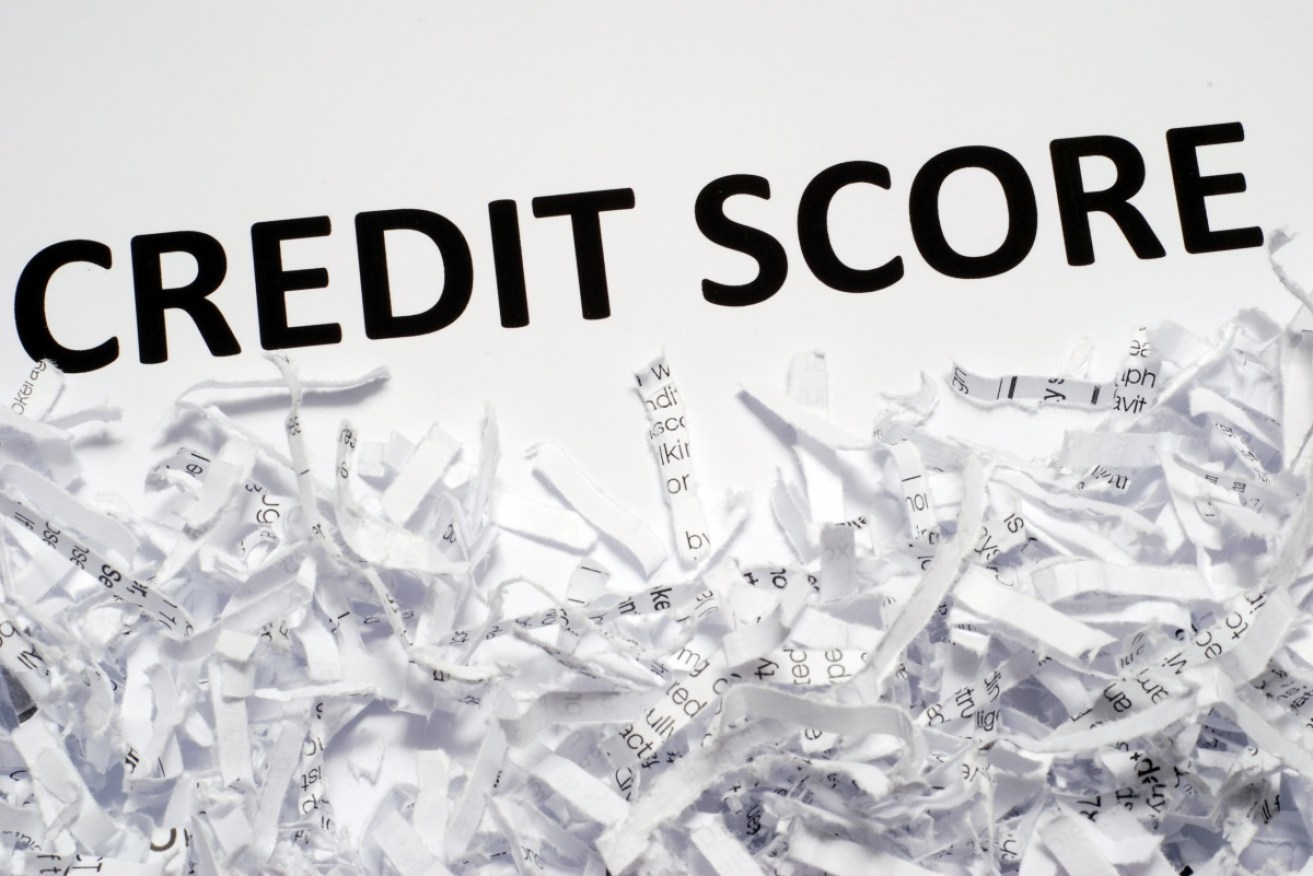Check your credit score: why 1200 is a magic number

It can have a big impact on your finances. Photo: Getty
Many Australians may be blissfully unaware of the true state of their credit history, according to a personal finance expert.
A survey of 2033 Australians by comparison website Finder.com.au published this week found that 71 per cent had no concerns about their credit score, with half rating theirs as ‘excellent’.

We might be a bit too smug about our scores. Photo: Getty
At first glance, this seems like a good thing. Only 10 per cent of female respondents and 7 per cent of men said they had no clue what their credit score was. And only 3 per cent ranked their credit score as ‘bad’.
But in fact we are notoriously bad at keeping track of our credit scores. For example, only about one in 10 Australians know their actual score, credit reporting company Veda estimated last year.
“We think many Australians may be feeling confident simply because they don’t know what kind of consequences it can have on their finances,” Finder.com.au money expert Bessie Hassan told The New Daily.
This cockiness is backed up by academic research. A US study published in the Journal of Consumer Affairs in 2008 estimated that about 32 per cent of consumers overestimate their credit ratings.
Why it matters

1200 is a perfect score. Photo: Getty
Credit scores matter because a low score can prevent you from borrowing.
“The better your score, the more likely you are to get credit like a loan for a house or a car, or even an application for a credit card,” a spokesman for ME bank explained.
A common measure is the Veda score. It gives you a number between 0 and 1200 that measures how risky it is to lend to you based on your financial history.
It is broken down into the following rankings: 0-509 (below average), 510-621 (average), 622-725 (good), 726-832 (very good) and 833-1200 (excellent).
Average credit scores:
Tasmania — 783
Western Australia — 781
Australian Capital Territory — 781
South Australia — 777
Victoria — 773
New South Wales — 770
Queensland — 761
Northern Territory — 752
Source: Veda (2015)
How to check and improve your score

A credit card can boost your score, but only if you repay on time. Photo: Getty
To coincide with its research, Finder.com.au has unveiled a free tool for Australians to check their credit scores. It requires an email sign up.
Several other companies already offer free checks, including Getcreditscore and Creditsavvy.
If you use one of these services and don’t like what you see, it could be time to improve your score by:
- Always repaying your loans on time
- Paying closest attention to your biggest loans, as these matter more
- Building your credit history by getting a credit card and paying it off scrupulously
- Not applying for loans or credit cards too many times as it can give the appearance you’re overly dependent on credit
- If possible, reducing your debt to credit ratio by paying down loans as quickly as you can
- Ordering your credit file and amending any mistakes (more on that below)
Look beyond your score
It is important to look beyond your score to your actual credit report, according to ASIC financial literacy expert Suzan Campbell.

It’s wise to regularly check your credit report. Photo: Getty
“It’s important to make sure there are no mistakes on your credit report which could impact your ability to receive credit when applying for a new loan or credit card,” Ms Campbell told The New Daily.
The Privacy Act gives you the right to find out what is in your credit report and apply to have anything incorrect changed. You are entitled to check your credit report for free once a year, so don’t get sucked in by companies trying to get you to pay.
Also, be wary of scams, Ms Campbell warned. “We strongly advise not to search for credit reporting agencies over the internet, as you may find fake sites offering ‘free credit reports’ that are really out to scam you. And never follow an email link offering a free credit report, or respond to an unsolicited email offering a free credit report.”
These are potential errors to check for:
- Incorrect name or date of birth
- Incorrect address
- Twice-listed debts
- Incorrect amounts of debt
- Debts you never signed up for (a warning sign your identity may have been stolen)








